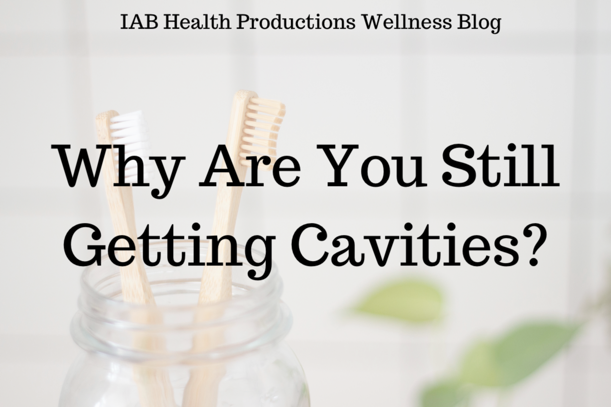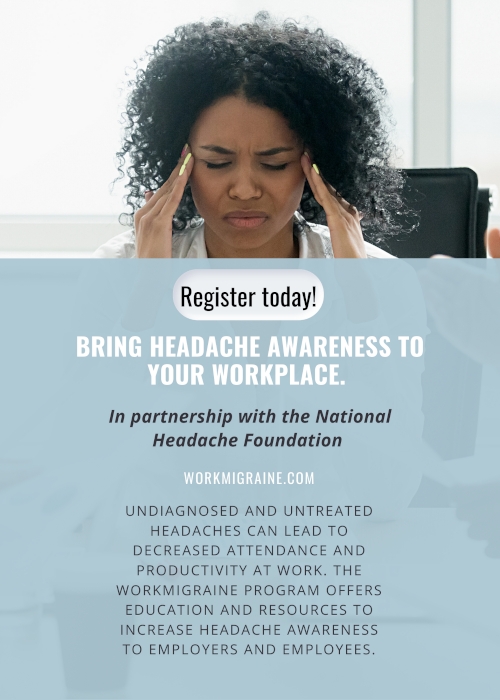Why Are You Still Getting Cavities?

Most of us have grown up hearing that in order to avoid cavities we should brush and floss twice a day. People with exceptionally good oral hygiene may even opt to brush after meals as well. We’ve been told that the acid and bacteria in food is what breaks down the enamel in our teeth and leads to cavities. What if you do all that and you still get cavities? Do you just have bad teeth? Is your enamel weaker than normal? Maybe. But what if good oral hygiene just isn’t enough? Here are a few lesser-known tips to help you keep your teeth healthy and cavity-free!
Don’t Brush After Eating
Resist the urge to brush your teeth immediately after eating. This one may be surprising but it’s true. Every time we eat, especially acidic foods, our teeth come under “attack.” The enamel is weakest just after eating. It takes about thirty minutes to an hour for your teeth to recover from the acidic attack. Brushing just after eating can actually push the acid into your teeth, furthering the damage being done. Rinsing your mouth with water is recommended rather than brushing. If you must brush after eating, wait at least thirty minutes after your meal.

Eat Less Often
We’ve already mentioned that it can take up to an hour or more for your teeth to recover from eating. If you are prone to snacking or eating small meals throughout the day, your teeth are at increased risk for damage. Cavities are more likely to form since your teeth are being repeatedly accosted by bacteria and sugars. Even if you’re not addicted to sugary sweets and soda, pasta and other simple carbs can still turn to sugar on your teeth.
Eating three regular meals is recommended as opposed to eating more frequently throughout the day. This gives your teeth a chance to re-mineralize to withstand the next exposure to food. If you find you seem to get cavities more frequently than others, despite your good oral hygiene, you may need to adjust your eating habits.
Choose Hot over Iced

Do you drink coffee? Regardless of potential tooth staining, the temperature of your coffee may have an indirect effect on your propensity for developing cavities. We tend to drink hot coffee more quickly than iced coffee. This is obviously because we want to drink it while it’s hot before it cools down too much. Iced coffee or soda is something we may sip on for several hours. Since it takes us longer to drink, our teeth remain vulnerable over a longer period of time.
Can’t give up your iced coffee habits? Just be sure you’re not taking your time with it. Choosing a smaller drink size may help you finish more quickly and even cut down on your sugar intake. Follow up your coffee drinking with some ice-cold water to help rinse your teeth.
Use a Mouthwash with Fluoride
If you find you end up with cavities at every dental visit, you may be missing a key element in your hygiene routine: fluoride! In addition to fluoride toothpaste, check your mouthwash. Some mouthwashes are merely antiseptic, meant to kill bacteria that cause bad breath. Find a mouthwash that also includes cavity protection. These mouthwashes are infused with fluoride and will help fortify your enamel against caries.
Visit Your Dentist Regularly
It’s recommended that children begin seeing a dentist from the time their first tooth appears, and every six months after that. As adults, we can typically go for longer stretches of time between dental visits. However, if you’d had lots of tooth decay or other dental issues, you may need to schedule your visits more frequently. Dentists can identify areas of tooth decay that you may be unaware exist. If identified early enough, some tooth decay may be reversible before it becomes a cavity that needs filling.

Good dental health is essential to our overall health and well being. It even contributes to our self-confidence. A smile is often the first thing others see! We hope this article helps you keep yours looking bright and healthy! Visit our National Wellness Observance Calendar for more information on Dental Hygiene Month during the month of October.

